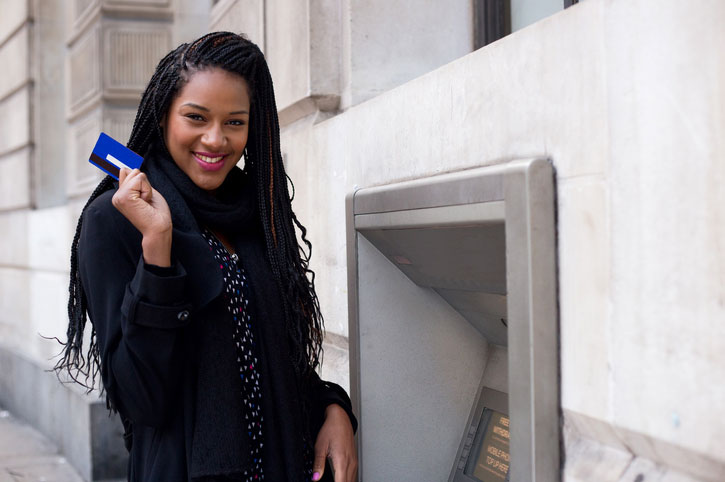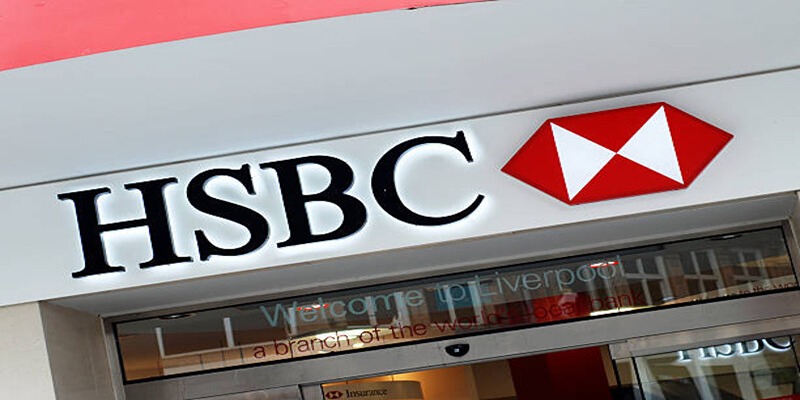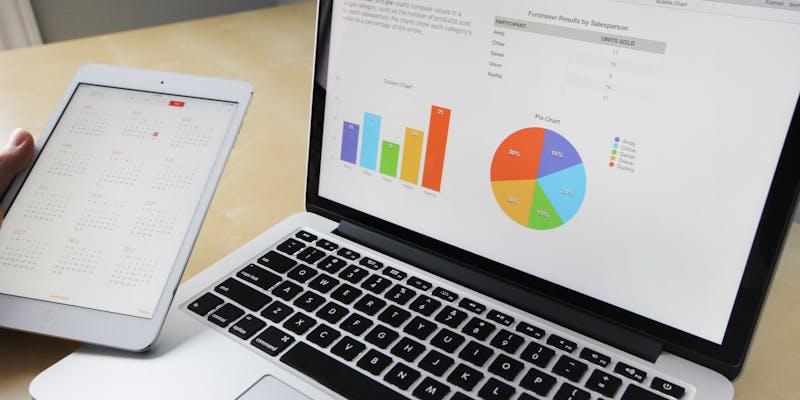The Finest Banking Options for Students
Jan 26, 2024 By Triston Martin
Regardless of their financial circumstances, college students might benefit from opening a bank account. Many financial institutions are aware of this and have created bank accounts exclusively for college students and high school pupils.
Even while student bank accounts tend to have smaller starting balances than those at the university, they commonly follow the same fundamental structure. Most of these accounts are open to anyone currently enrolled in school full-time, although some of them have an age restriction.
What to Look for When Choosing a Student Bank Account
If this is your first time opening a checking account, the process might be daunting. When you're out and about, keep these things in mind:
ATM system
Look for a bank or credit union with ATMs near you or reimburses you for out-of-network ATM costs if you need quick access to cash.
Fees
Fees like overdraft charges, monthly account maintenance charges, and ATM fees can take a toll on your account balance. Before creating an account, it is wise to read the fine print. The more accessible and less expensive it is to operate a statement, the fewer fees it has.
Minimums
The low minimum deposit and balance restrictions make starting and maintaining an account easier, making it more convenient. Try to choose an account with a minimum balance that you can comfortably meet.
Experiential technology
Students must have a mobile app and website that is easy to use while on the road. Before opening a checking account, look into the reviews and ratings of the bank's mobile app on the App Store and Google Play. Also, be sure that the institution's website contains the information you want.
Advantages of a Bank Account for Students

Several banks on campus offer student bank accounts when students enroll in their selected courses and institutions of study. When students first begin their studies, they must begin to instill the value of having money set up for their futures financially. As a result, learning about the benefits of a student checking account from us may be pretty valuable.
Free Setup
Zero-balance bank accounts are accessible to students starting college for the first time, provided by several government-owned and commercial banks. Since the student bank account has no minimum balance requirement, there are no problems with maintaining a sufficient amount. Students benefit significantly from this policy because they don't have to pay additional fees after their semester finishes.
Streamlined Banking
Students who open a student bank account have access to various conveniences, including the ability to conduct transactions from any location. Scholars have access to free online banking, phone banking, and a gratis debit card to make payments from any site.
This can be accomplished without the requirement of a trip to the bank. It's also possible for their guardians to make payments at any bank's branches from any location.
Using a Credit Card to Make a Payment
The free debit cards with student bank accounts make it simple for students to pay their bills when they shop online. In addition, individuals can deposit cheques for semester fees through check drop boxes located at nearly all institutions and colleges. This cashless banking method helps people avoid making payments.
Student Bank Accounts May 2022

Chase Bank's College Checking Account
For students, Chase Bank's College Checking Account gives everything they need to keep their finances in order. The Chase College Checking Account offers no monthly service fees until the student graduates between 17 and 24. (up to five years after opening the account). Chase gives a $100 sign-on incentive for new customers: It is required that students enroll in paperless statements and conduct ten qualifying transactions within 60 days of the account activation to qualify.
The Capital One MONEY Account
An ideal alternative for kids under 18, the Capital One Money Teen Checking account allows users as early as age 8. A debit card in each kid's name is issued free of charge, and there are no monthly fees or minimum balances to worry about. More than 70,000 fee-free ATMs from Capital One and its partners are available to adolescent account users. High school students may learn the importance of saving with this account because it gives an APY of just 0.10 percent on all balances.
Advantage Banking by Bank of America
Students under 25 are eligible for Bank of America's Advantage Banking program, which waives the monthly maintenance cost on a general checking account. BofA's Keep the Change® service, which rounds up debit card transactions to the closest dollar and saves the difference, is also available to Advantage Banking customers. Its configurable email and SMS notifications and interactive Spending and Budgeting feature make this account especially useful for new savers.
Discover Cashback Debit Account
The Discover Cashback Debit Account is an excellent alternative for anybody over the age of 18 who wants all the benefits of a student account with the added convenience of a debit card. No monthly fees, minimum deposits, or overdraft fees are included in this account's perks, which will remain long after you've finished college. Cashback of up to $360 per year can be earned by making up to $3,000 in monthly debit card transactions with a 1 percent rebate. Also included in Discover's package of benefits are complimentary checks, free online bill pay and ACH payments, and free replacements for debit cards.

Everything About Land Ownership: Freehold vs. Nonfreehold Estates

Navigating Your Options: An In-Depth Review of HSBC Personal Loans

How Interest works on Savings Account

How Much Budget Should Fintech Companies Allocate for Marketing?

Hikkake Candlestick Pattern: Step-by-Step Guide for Trading
Indonesia's Financial Future: The New President and a $186 Billion Dilemma

Unlocking the Benefits of FHA ARMs: A Homebuyer’s Guide

What Is Subordinated Debt And What Are the Possible Consequences?

Robinhood Fined $65M for Misleading Customers on Key Information
